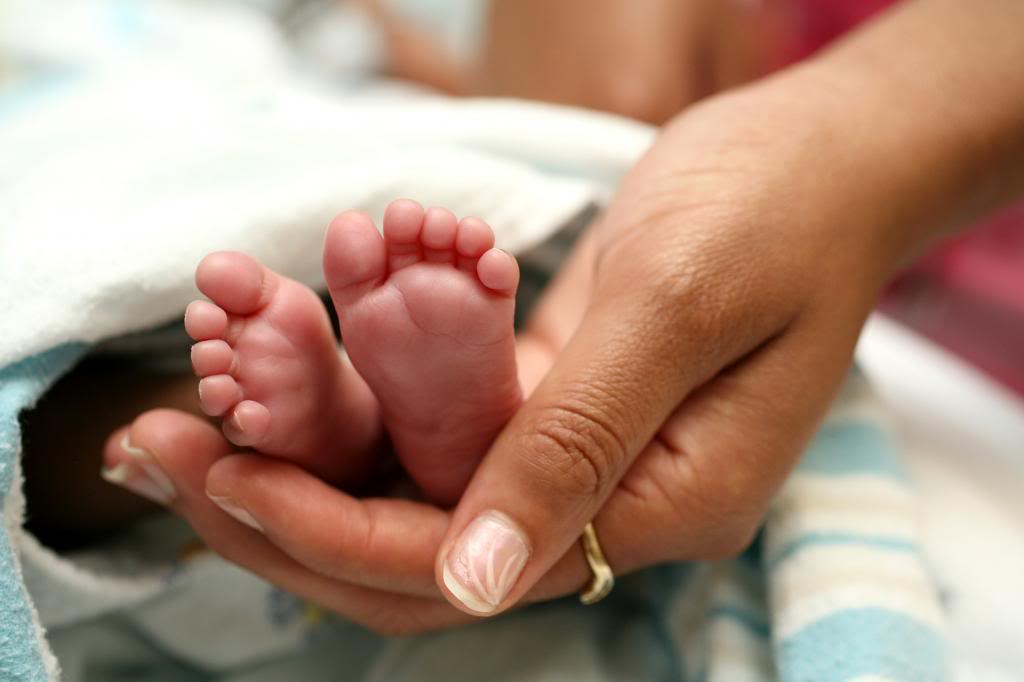Why Some Are Born Differently
The intricacies of human existence have long been a subject of curiosity, wonder, and debate. Across cultures and eras, the question of why some individuals are born with unique traits or circumstances has been approached through lenses of science, philosophy, and spirituality.
It is an inquiry that touches on the essence of what it means to be human, challenging our understanding of nature, nurture, and the vast interplay between them.
Genetics and the Blueprint of Life
At the heart of our individuality lies genetics the complex code embedded in our DNA. Each human being inherits a combination of genetic material from their parents, creating a blueprint that shapes physical attributes, susceptibility to diseases, and even behavioral tendencies.
Yet, genetic variation is not merely a matter of inheritance; spontaneous mutations, chromosomal anomalies, and epigenetic changes can also lead to significant differences at birth.
For instance, conditions like Down syndrome arise from an extra chromosome, while rare disorders such as progeria stem from specific gene mutations. These genetic variations remind us of the profound diversity within the human species, underscoring the randomness and unpredictability of life’s design.
Environmental Influences During Development
Beyond genetics, the environment plays a pivotal role in shaping who we are even before birth. Factors such as maternal health, nutrition, and exposure to toxins during pregnancy can have lasting effects on a child’s development. Prenatal exposure to harmful substances, for example, has been linked to conditions like fetal alcohol syndrome and low birth weight.
Furthermore, advances in epigenetics reveal how environmental factors can modify gene expression without altering the underlying DNA sequence. This dynamic interplay ensures that no two individuals, even identical twins, are truly the same. The womb becomes a microcosm of influences—both protective and harmful—that sculpt the developing fetus in ways both seen and unseen.
The Role of Evolutionary Adaptation
From an evolutionary perspective, human diversity is a cornerstone of survival. Variations in traits such as skin color, height, and immune system function often reflect adaptations to specific environmental pressures.
For example, darker skin provides protection against UV radiation in equatorial regions, while lighter skin enhances vitamin D synthesis in areas with less sunlight.
In some cases, genetic differences that may seem disadvantageous at first glance have evolved as protective mechanisms. The sickle cell trait, prevalent among populations in malaria-endemic regions, is a prime example. While inheriting two copies of the gene causes sickle cell disease, a single copy offers resistance to malaria, illustrating the complex trade-offs inherent in human evolution.
The Influence of Chance and Randomness
Despite our efforts to attribute differences to genetics, environment, or evolution, chance remains an undeniable factor in human development. The randomness of genetic recombination during conception, the occurrence of rare mutations, and even the timing of cell divisions can lead to outcomes that defy prediction.
This element of chance extends to the timing and location of birth. Being born into wealth or poverty, peace or conflict, and privilege or marginalization can profoundly influence an individual’s life trajectory.
Such disparities highlight the arbitrary nature of many aspects of our existence, prompting questions about fairness and the role of societal structures in shaping opportunities.
Cultural and Societal Interpretations of Difference
Human societies have long grappled with the implications of difference, often framing it through cultural, religious, or philosophical narratives.
In many traditions, individuals born with unusual traits or circumstances are seen as special, gifted, or even divine. Conversely, in other contexts, differences have been stigmatized, leading to discrimination and exclusion.
These interpretations are not static but evolve with time and knowledge.
Advances in science have demystified many conditions once attributed to supernatural causes, fostering greater understanding and acceptance. Yet, societal biases persist, reflecting deep-seated fears and prejudices about the unknown.
The Ethical Dimensions of Embracing Diversity
As our understanding of human difference deepens, so too does the ethical responsibility to embrace and support diversity. This includes ensuring equitable access to healthcare, education, and opportunities for individuals with disabilities or rare conditions.
It also demands a commitment to challenging societal norms that marginalize those who deviate from perceived standards of “normality.”
Emerging technologies, such as genetic engineering and prenatal screening, add complexity to these ethical considerations. While they hold the promise of preventing certain conditions, they also raise questions about the value we place on different forms of human life. Striking a balance between innovation and respect for diversity will be one of the defining challenges of the coming decades.
Conclusion
To understand why some are born differently is to acknowledge the profound complexity of life itself. It is a testament to the interplay of genetics, environment, chance, and societal factors that shape each individual in unique ways.
Far from being a source of division, this diversity is a reminder of our shared humanity and the limitless potential that arises from our differences.
In celebrating these variations, we move closer to a world that values every individual not despite their differences but because of them. It is a journey that requires curiosity, compassion, and a commitment to building a society where everyone can thrive—no matter the circumstances of their birth.
References
- National Human Genome Research Institute
- World Health Organization - Genetics
- Epigenetics: Fundamentals, National Institute of Environmental Health Sciences
- American Society of Human Genetics
- Centers for Disease Control and Prevention - Birth Defects
- Evolutionary Adaptations and Human Diversity, National Center for Biotechnology Information
- Fetal Alcohol Spectrum Disorders, CDC
- World Health Organization - Disabilities
- Harvard Medical School - Genetics and Evolution
- The Ethics of Genetic Engineering, Stanford Encyclopedia of Philosophy




































